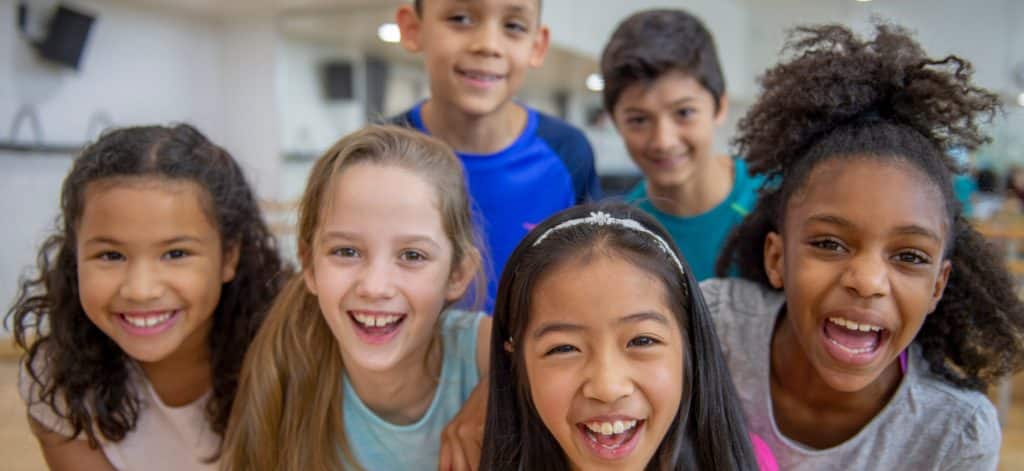School is back in session. You’ve purchased all of the supplies, adjusted your child’s bedtime and planned healthy lunches. But have you considered signing them up for an after-school program?
With so many options out there, that decision may seem overwhelming.
Read on for some tips for choosing an after-school program – then click here for our after-school guide.
Why are after-school programs so important?
Pam Ranieri, director of children’s programming, and Amy Bisnett, associate director of children’s programming at the Jewish Community Center of Syracuse, said there are countless benefits.
For one, they allow children to release some of their pent up energy.
“Children need a place where they can let off some steam,” said Bisnett. “During school, they have a lot of expectations put on them. During COVID especially, there was a lot more of them sitting still at desks and tables. So, after school is a chance for them to get back to playing with peers, be a kid, and enjoy a little bit of time before they go home and get ready for the next day.”
After-school programs also help children build relationships with their peers.
“It gives them an opportunity to meet friends who might not go to their school but that they can encounter later in middle school or high school,” said Ranieri.
What should parents consider when choosing a program?
The first thing you should do is make sure the program is licensed.
“If a program is of a certain number or hours, they need to be licensed through the state,” said Bisnett. “That makes sure that all of the staff are background checked, they’re qualified, and they go through training to be able to deal with children’s behavior and development.”
Parents should also take a close look at the facility.
“[Make sure] the environment is safe, and the materials and equipment are specific for children,” said Ranieri. “So, they’re using appropriate materials, age-appropriate games, and outdoor equipment.”
Are there any questions they should ask?
When evaluating potential programs, Bisnett recommends asking questions such as:
- How many children are in the program?
- What are your ratios (staff to children)?
- Do you have staff on site that are medically trained (in case of an emergency)?
- What are your security procedures?
- How do you contact families?
That will help you determine if it is the right fit for you and your child.
Final thoughts
“The past few years have been very difficult for children and having a recreational place after school can help them work on their social and emotional skills, things that seem to be lacking that they could use more support on,” said Bisnett.



